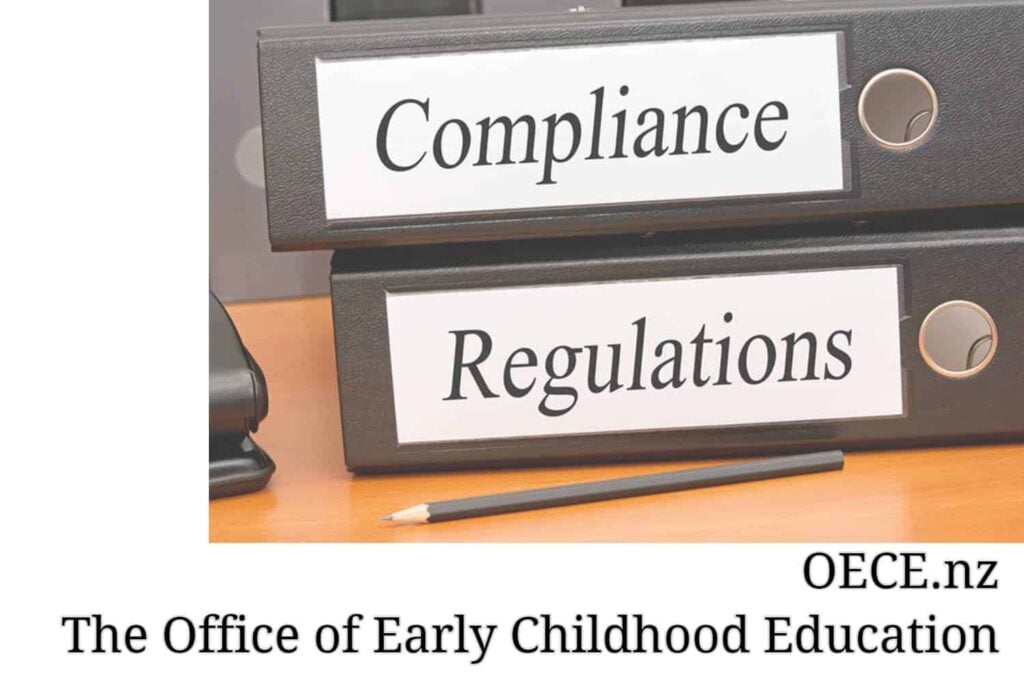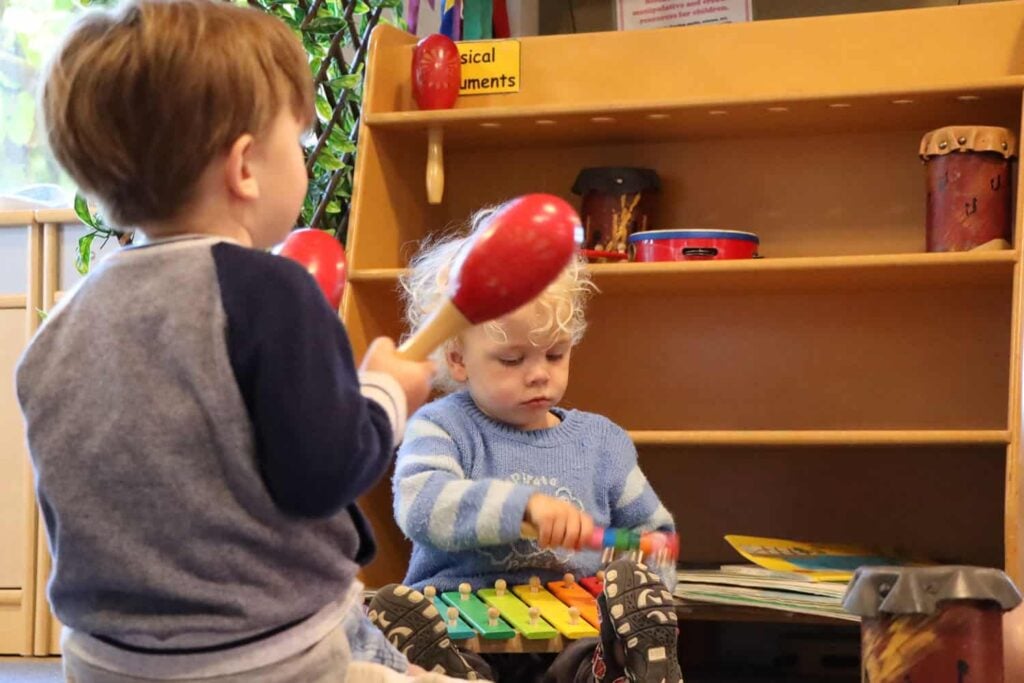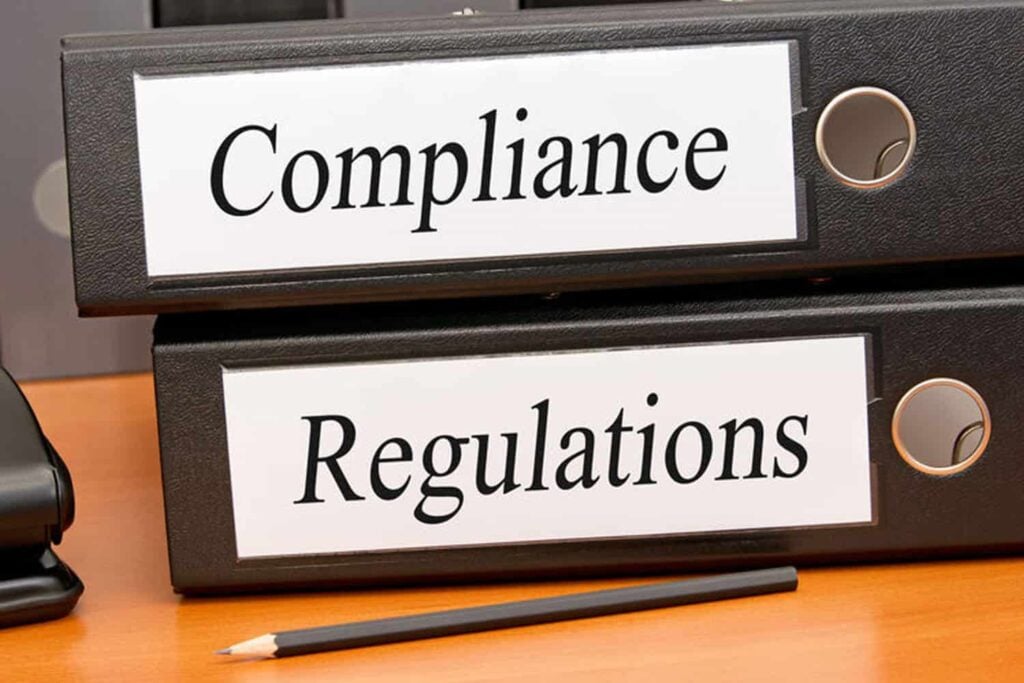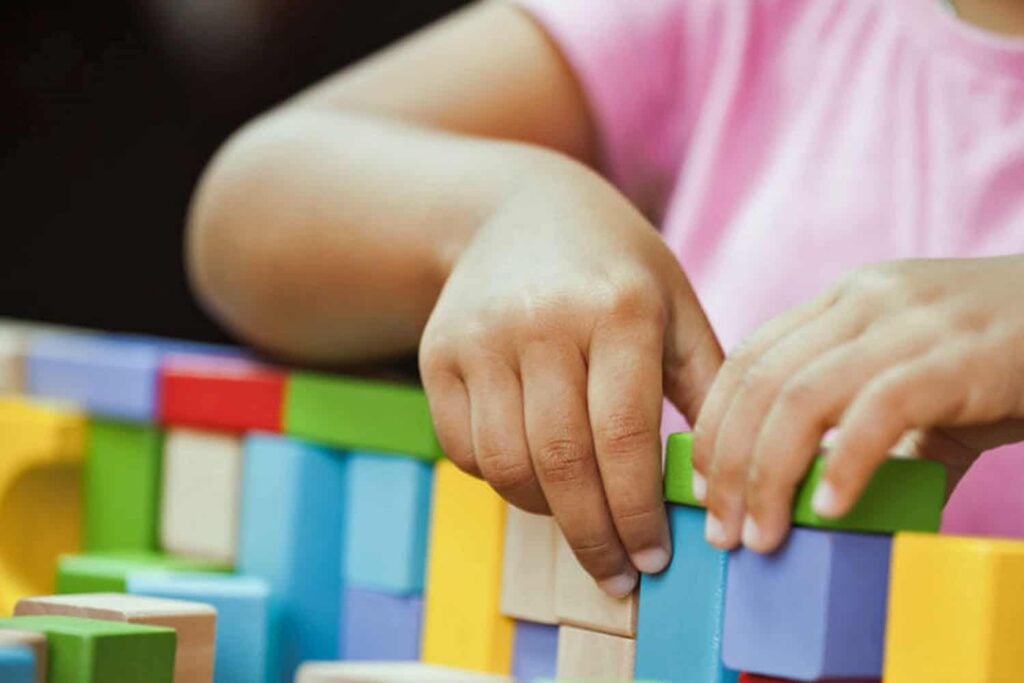August 23, 2012.
The Government’s Better Public Service Action Plan target to have 98% of all of NZ’s children in early childhood education before starting school is short-sighted and could well backfire resulting in worse health, behaviour, and learning outcomes for children, Dr Sarah Alexander says.
“It gives a strong sense that parents and whanau, especially if they are on low-incomes or Maori or Pacific will be ‘hunted out’ by government agencies and their children ‘competed for’ amongst providers of early childhood education anxious for the funding these children will bring to them,” Dr Alexander says.
A report released by Every Child Counts at Parliament on the same day as the government’s action plan for supporting vulnerable children shows that improving child outcomes is much more complex than just taking children off their parents and increasing children’s participation in early childcare and education.
The Every Child Counts report reviews what the Netherlands does for its children and what NZ can learn from the Dutch.
The Netherlands was selected by the lobby group for study because it stands out as a country that achieves a very high OECD ranking in outcomes for children while spending a lot less than countries with similar high scores.
NZ is well down in the OECD rankings for many child well-being outcomes, with severe disadvantage concentrated among Pacific and Maori families, solo parents and low-income families. Abuse and neglect figures are high and NZ has relatively low wages and low labour productivity.
The Netherlands is described as having a culture of respect for children and of caring responsibilities of parents. There is a strong expectation that parents will provide much of the care and education of children during their first four years. Parent education and support is widely available and very large in scope.
Recommendations made in the Every Child Counts report include expanding the reach of effective parent support and education programmes such as Early Start, expanding Plunket and well-child health services to include access to practical help with childcare and household tasks, and increasing parental leave.
Dr Sarah Alexander, an expert in quality early childhood education, says that international research shows that parents and families have the greatest impact on children’s early learning.
“At the end of the day what really makes a difference is not whether a child participates in early childhood education, but whether that participation has a positive impact on what children experience at home,” Dr Alexander says.
Dr Alexander also says that minimum standards in early childhood education need to be raised before Government can begin to claim that participation in ECE will raise outcomes for disadvantaged children. Children would benefit if basic standards such as in staffing (ratios and requiring qualified teachers) were raised and maximum class sizes were introduced.
While research on well-staffed, well-funded, high quality early intervention programmes for disadvantaged children overseas shows there can be strong cognitive benefits there is also evidence that for some children more problem behaviours result and the spread of preventable illnesses becomes more difficult to control in large group settings.
She recommends that Government’s policy for participation in early childhood education and its target for participation be reviewed to increase parental choice/agency and to put children at the centre of policy.
She supports Every Child Counts recommendation that on-going dialogue be established between Dutch and NZ officials so good ideas can be explored and both parties can learn from their experiences in implementing and maintaining policies.









